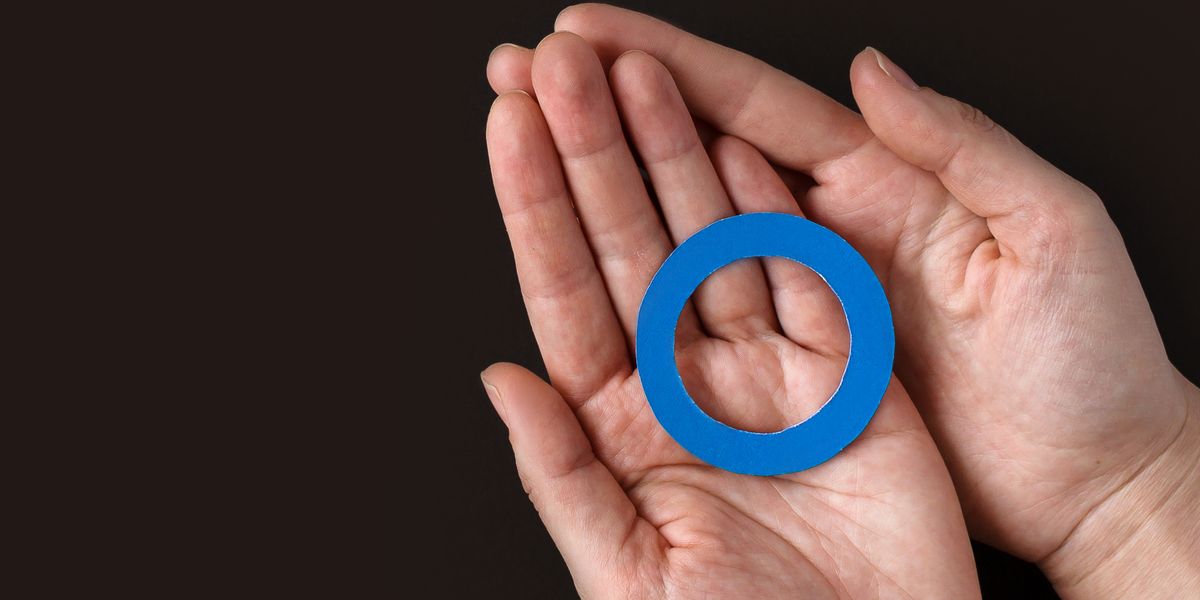Anxiety can be defined as a fear-based mental state, normally felt as a discomforting emotional state accompanied with physical sensations in the body.
Anxiety based mental disorders (i.e. people diagnosed with SAD or GAD) are people who appear anxious about almost everything.
This has a detrimental effect on their ability to carry out normal day to day activities.
What are the symptoms of anxiety?
Symptoms include excessive worry and unnecessary anxiety for numerous activities with symptoms being present and continuous for a minimum of 6 months.
Anxiety is difficult to control and is accompanied by somatic symptoms including:
- Shaking
- Heart palpitations
- Excessive perspiration
- Crying
Often it will be a state of mind that is reached after years of dealing with the condition.
People diagnosed with diabetes are approximately 20% more likely to suffer from anxiety than those without diabetes. [33]
What are the causes of anxiety?
Being diagnosed with diabetes can instigate anxiety in a number of ways.
People with diabetes may potentially be anxious about how their condition will be perceived by others including friends, family and work colleagues.
Anxiety may also arise over what could happen if they were experience a hypo while driving or whilst looking after their children.
Excessive worrying can lead to social anxiety.
Symptoms of social anxiety include
- Being fearful of leaving the house or place of comfort
- Anxiety of being around people, known or strangers
- Avoidance of social interaction
Why might I be anxious?
People diagnosed with diabetes may be anxious about the long term implications of their condition.
Greater than 70%, of diabetics could develop macrovascular conditions including heart attack and stroke. Furthermore, between 5% and 10% are reported to experience microvascular complications ranging from problems with eyes, limbs and kidneys.
Additionally people with diabetes may experience excessive worry about death, what would happen to them, their family and loved ones.
In most cases of type 2 diabetes, there is often anxiety regarding weight and diet. It is widely publicised that being overweight can be a cause of the condition, therefore as well as anxiety of how to control weight and diet, emotions such as guilt and anger may also occur.
How can I avoid anxiety?
Appropriate stress management may be key to avoiding conditions such as anxiety. Relaxation techniques include:
- Breathing exercises
- Yoga
- Tai chi
- Meditation
- Self-hypnosis
Relaxation methods such as the ones listed above are all be effective in relieving stress. Mindfulness based training in combination with diabetes management are proving an invaluable approach to aid the process of acceptance, while alleviating anxiety and stress.
Research conducted at the psychology department at Stanford University used brain imaging technologies to examine the effect of mindfulness training on social anxiety. They reported that participants who completed the mindfulness course showed reduced symptoms of anxiety and depression and demonstrated an enhanced self-esteem. [34]
Mindfulness practices help to adjust the relationship one has with their panic and anxiety with acceptance, compassion and awareness.
This methodology has been shown to be significantly more effective in the long term. It has been scientifically proven to enhance quality of life and allow the practitioner to develop a disassociation with panic and anxiety, meaning they no longer need these states to define who they are or how they live their lives. [43]





